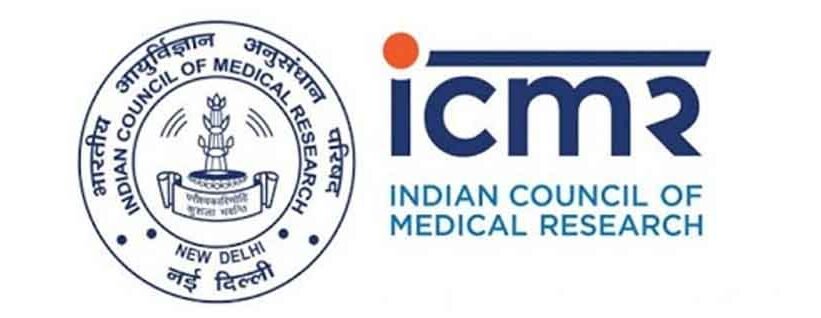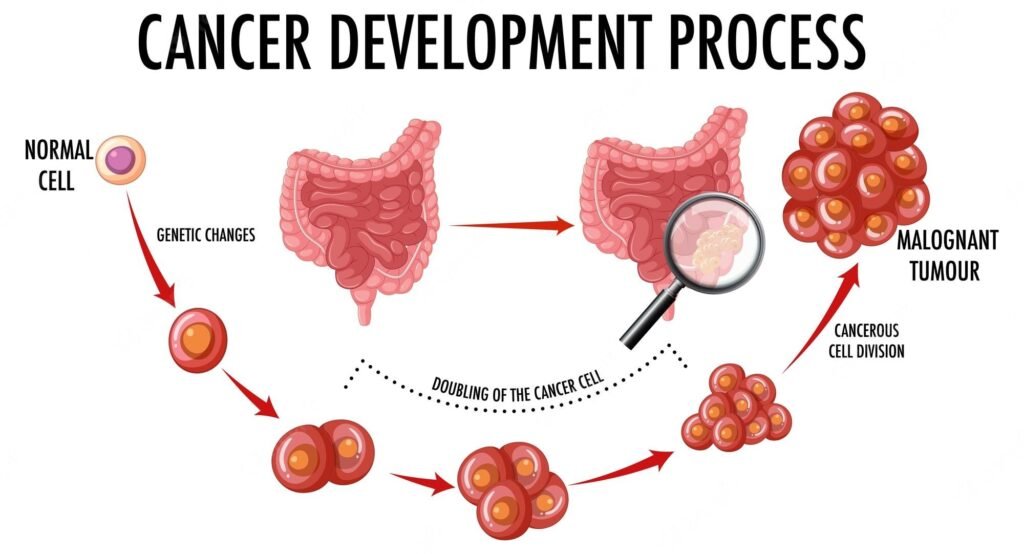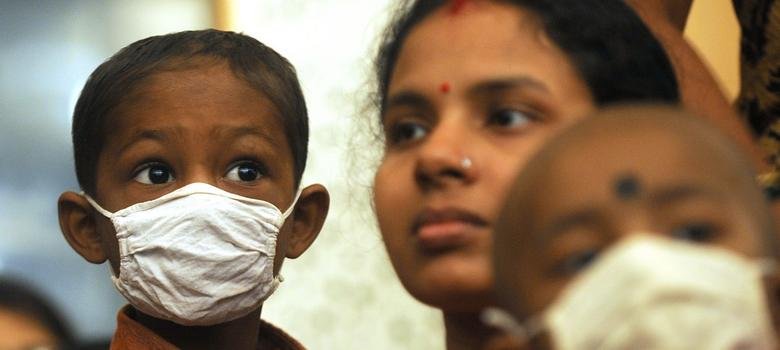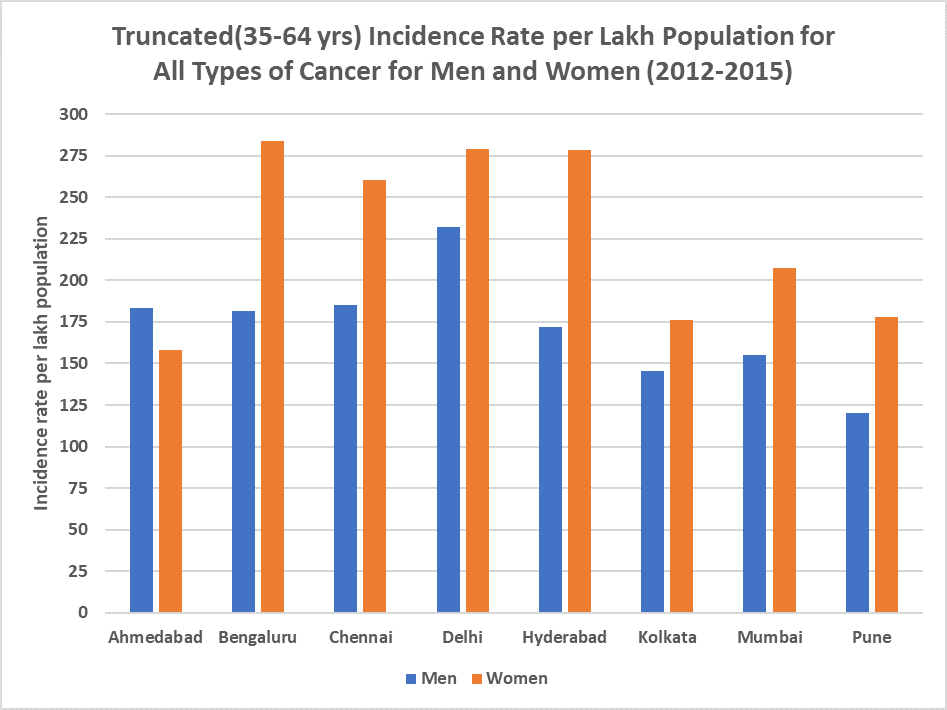ICMR Study Highlights Surge in Cancer Cases in India, Particularly Mouth Cancer in Men and Breast Cancer in Women

The Indian Council of Medical Research (ICMR) – National Centre for Disease Informatics and Research has released a study predicting a significant rise in cancer cases and deaths in India between 2022 and 2045. This research, focusing on BRICS nations—Brazil, Russia, India, China, and South Africa—analyzed cancer incidence, mortality rates, and quality of life, revealing alarming trends, particularly for India and South Africa.
Rising Cancer Trends in India
India is experiencing a rapid increase in cancer cases, with mouth cancers being particularly prevalent. The latest findings indicate that men are predominantly diagnosed with lip and mouth cancers, while women are most affected by breast cancer. This trend positions India uniquely among BRICS countries, where breast cancer has the most significant impact on mortality.
The researchers attribute these rising cancer rates to various socioeconomic factors. They noted, “A prior review indicated that BRICS countries accounted for 33.6% of new breast cancer cases worldwide and 36.9% of global breast cancer deaths. Furthermore, these countries are witnessing a considerable upward trend in breast cancer incidence.”

Socioeconomic Influences on Cancer Incidence
The study emphasizes the importance of examining the risk factors and health systems that contribute to the growing cancer incidence in these nations. Despite anticipated economic growth and established cancer control strategies in BRICS countries, understanding the interplay between these factors and cancer outcomes remains crucial.

Death Rates and Cancer Types Across BRICS
Among the BRICS nations, South Africa has the highest cancer death rates for both men and women. Russia leads in cancer-related deaths among women, while South Africa again tops the list for overall cancer fatalities among women. Notably, outside of India, lung cancer is the leading cause of cancer-related deaths in other BRICS countries. In contrast, breast cancer accounts for the majority of cancer deaths in India.

The impact of various cancers, especially regarding years of life lost, is notably attributed to lung-related cancers, including those of the trachea and bronchus, across the BRICS nations.
The ICMR study highlights an urgent need for enhanced awareness, early detection, and effective treatment strategies to combat the impending surge in cancer cases in India. As the country navigates these challenges, addressing the socioeconomic factors influencing cancer incidence will be critical to improving health outcomes. The findings serve as a clarion call for policymakers, healthcare providers, and communities to work together to develop comprehensive cancer control measures tailored to the unique needs of the Indian population.




